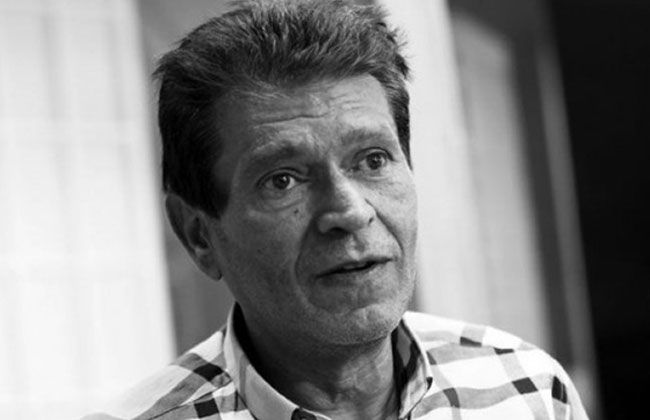
This research starts from several questions: where is "the Balkans" which is mentioned in these songs actually situated what is the meaning of the term "Balkan" used for the audience from the Balkans and, what are musical characteristics of the genre called trepfolk? Special focus will be on the post-Yugoslav market in the twenty-first century, with particular examples in Serbian language (as well as Bosnian and Croatian). Ovaj Kanal, kao i svi postavljeni video i audio zapisi na kanalu su u vlasnitvu Izdavakih kua, Telvizijskih kua i samih izvodjaa. The most important legacy of "Balkan" world music is the discourse on Balkan stereotypes, hence this article will reveal new aspects of autobalkanism in music.
Sinan sakic diskografija rapidshare download#
After the global success of "Balkan music" in the world music scene, this term influenced the cultures in the Balkans itself however, interestingly, in the Balkans themselves "Balkan music" does not only refer to the musical characteristics of this genre-namely, it can also be applied music that derives from the genre of the "newly-composed folk music", which is well known in the Western Balkans. Download Sinan Sakic Diskografija Rapidshare Hairline Crack In The Bone Stress Fracture Monopoly Tropical Tycoon Dvd Torrent Asdm 7. In this context, Balkan popular music is contemporary popular folk music produced in the countries of the Balkans and intended for the Balkan markets (specifically, the people in the Western Balkans and diaspora communities). In this article, I discuss the use of the term "Balkan" in the regional popular music. Correspondingly I demonstrate that such Balkan stereotypes are invoked and subverted by many turbofolk performers who positively mark alleged Balkan characteristics and negotiate and invert the meaning of “Balkan” in lyrical texts. For detractors, pop-folk styles pose a danger to the autochthonous national culture as well as the possibility of a “European” and cosmopolitan future. An eastern “other” is represented locally by pop-folk performers due to oriental stylistics in their music and/or ethnic minority origins.

These pop-folk styles form a frame of reference often used as a discursive means of marginalisation or exclusion. Turbofolk and other pop-folk styles are commonly imagined and articulated in terms of violence, eroticism, barbarity and otherness the Balkan stereotype promises. Understanding turbofolk as a value category imbued with symbolic meaning rather than a clear cut musical genre, I link discussions of it to the wider discourse of Balkanism. Balkan pop-folk styles can be understood as occupying a liminal space – an Ottoman cultural legacy – located between (and often in conflict with) the imagined political poles of liberal pro-European and conservative nationalist orientations. I argue that rather than being understood as a singular phenomena specific to Serbia under Milošević, turbofolk can be understood as a Serbian manifestation of a Balkan-wide post-socialist trend. In addition to criticism of turbofolk on the basis of nationalism and war-mongering, it is commonly claimed to be “trash,” “banal,” “pornographic,” “(semi-)rural,” “oriental” and “Balkan.” In order to better understand the sociopolitical dimensions of this phenomenon, I consider other Yugoslav musical styles which predate turbofolk and make reference to pop-folk musical controversies in other Balkan states to help inform upon the issues at stake with regard to turbofolk. Turbofolk has been accused of being a lever of the Milošević regime – an inherently nationalist cultural phenomenon which developed due to the specific socio-political conditions of Serbia in the 1990s. Retrieved 12 April 2015.This article explores controversies provoked by the Serbian pop-folk musical style “turbofolk” which emerged in the 1990s. Archived from the original on 19 April 2015.

Archived from the original on 13 April 2015.

^ a b 'Sinan Sakic passed away: A famous singer lost a battle with severe illness'.



 0 kommentar(er)
0 kommentar(er)
